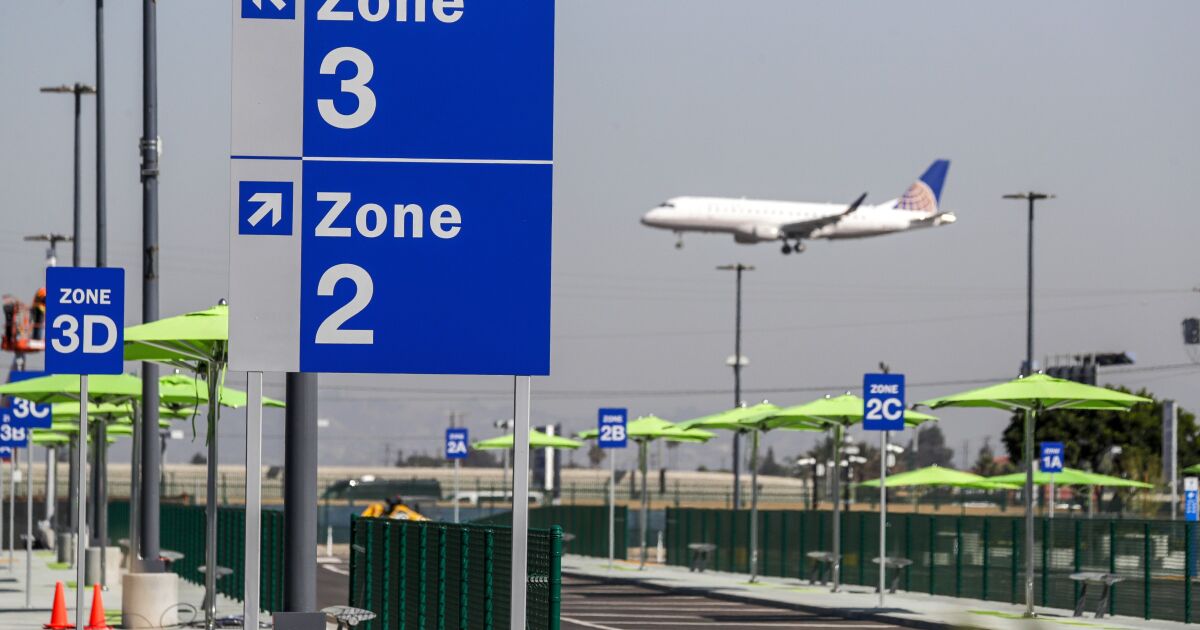
Federal officials are again warning travelers to avoid using public USB charging stations — often found in airports, hotels or other travel hubs — because the docks can be altered to introduce malware or tracking software onto personal devices.
The FBI recently reminded people that the safest option is to use an electrical outlet with a personal USB cord and charger, or use a portable charger.
It doesn’t appear the recent warning was tied to a particular incident simply a reminder of the problem, which has become a growing concern in recent years.
In 2019, the Los Angeles County district attorney warned about the crime that has become known as “juice jacking,” telling Californians to watch out for public charging stations or USB cords. That advisory said scammers have found a ways to introduce malware that can lock someone’s device or export data and passwords.
The Federal Communications Commission, which has warned about the cybertheft tactic since 2021, provides these tips to avoid being the victim of such a crime:
- Bring your own charger for an electrical outlet, a car charger, and your own USB cables when traveling.
- Carry a portable charger or external battery.
- Consider carrying a charging-only cable, which prevents data from sending or receiving while charging, from a trusted supplier.
Using public WiFi networks and Bluetooth connections can also be vulnerable to hackers or cyber crimes, the FCC warned.














